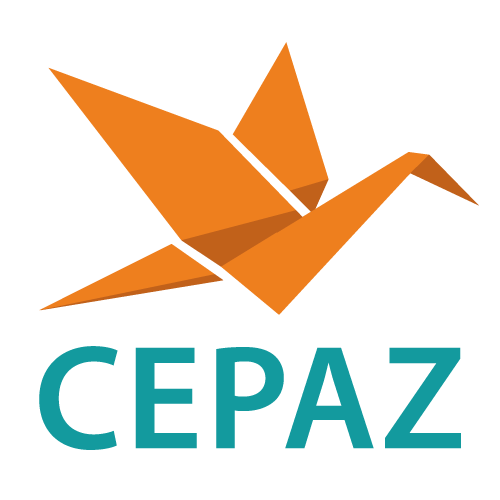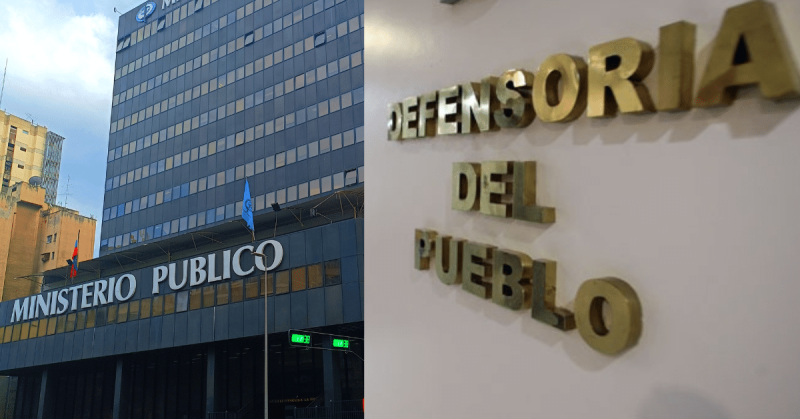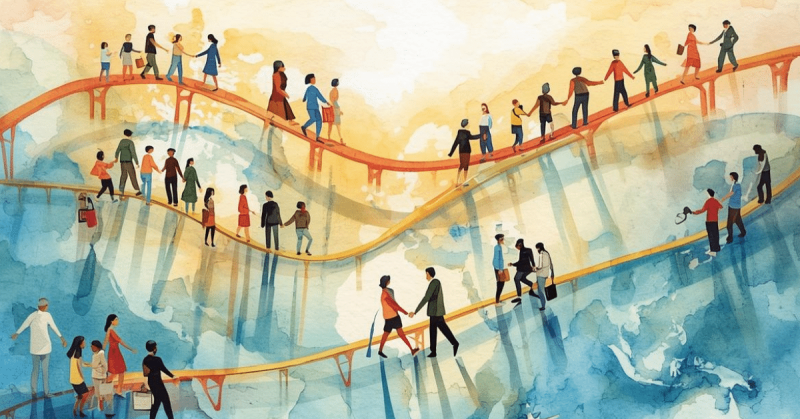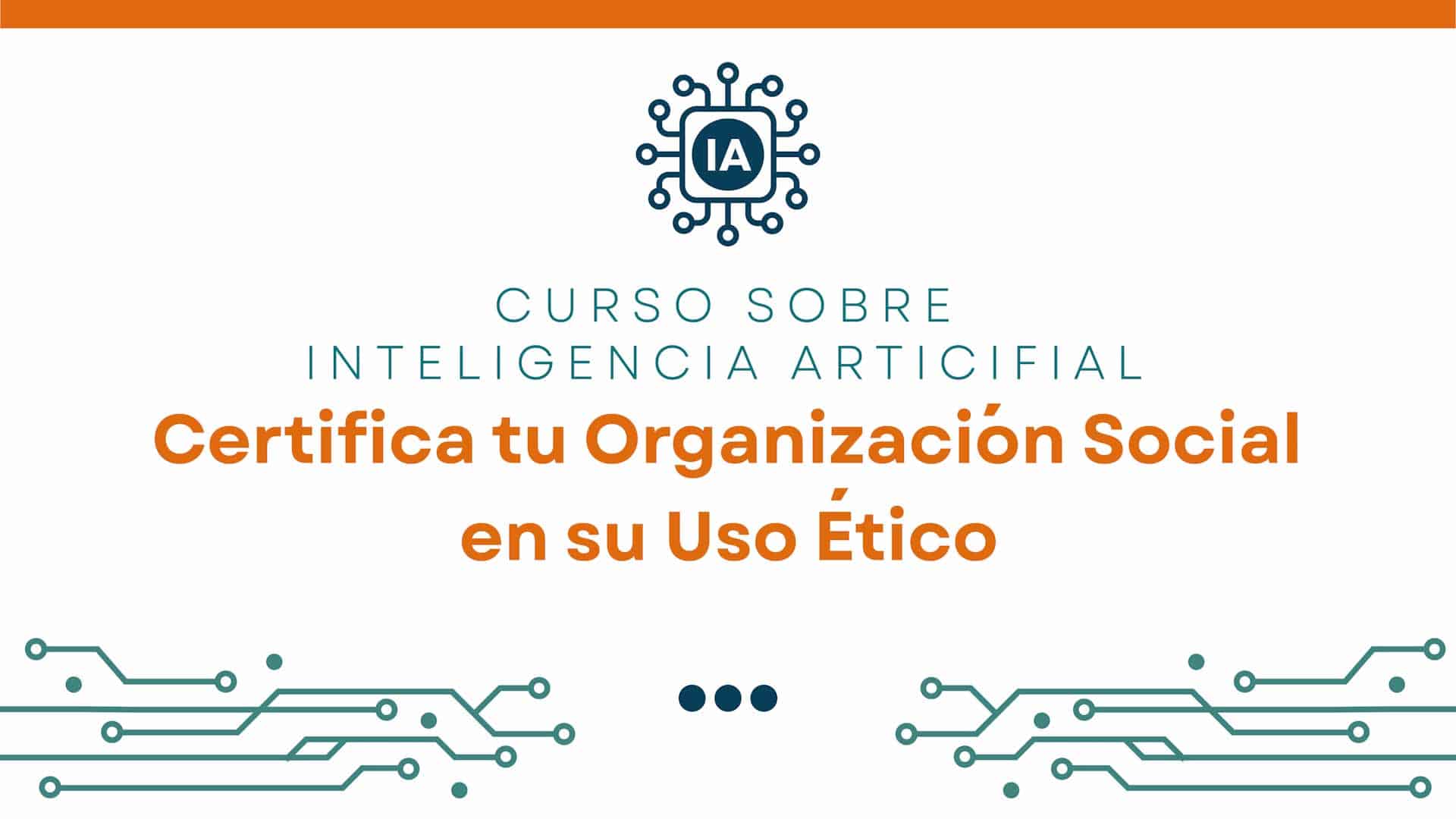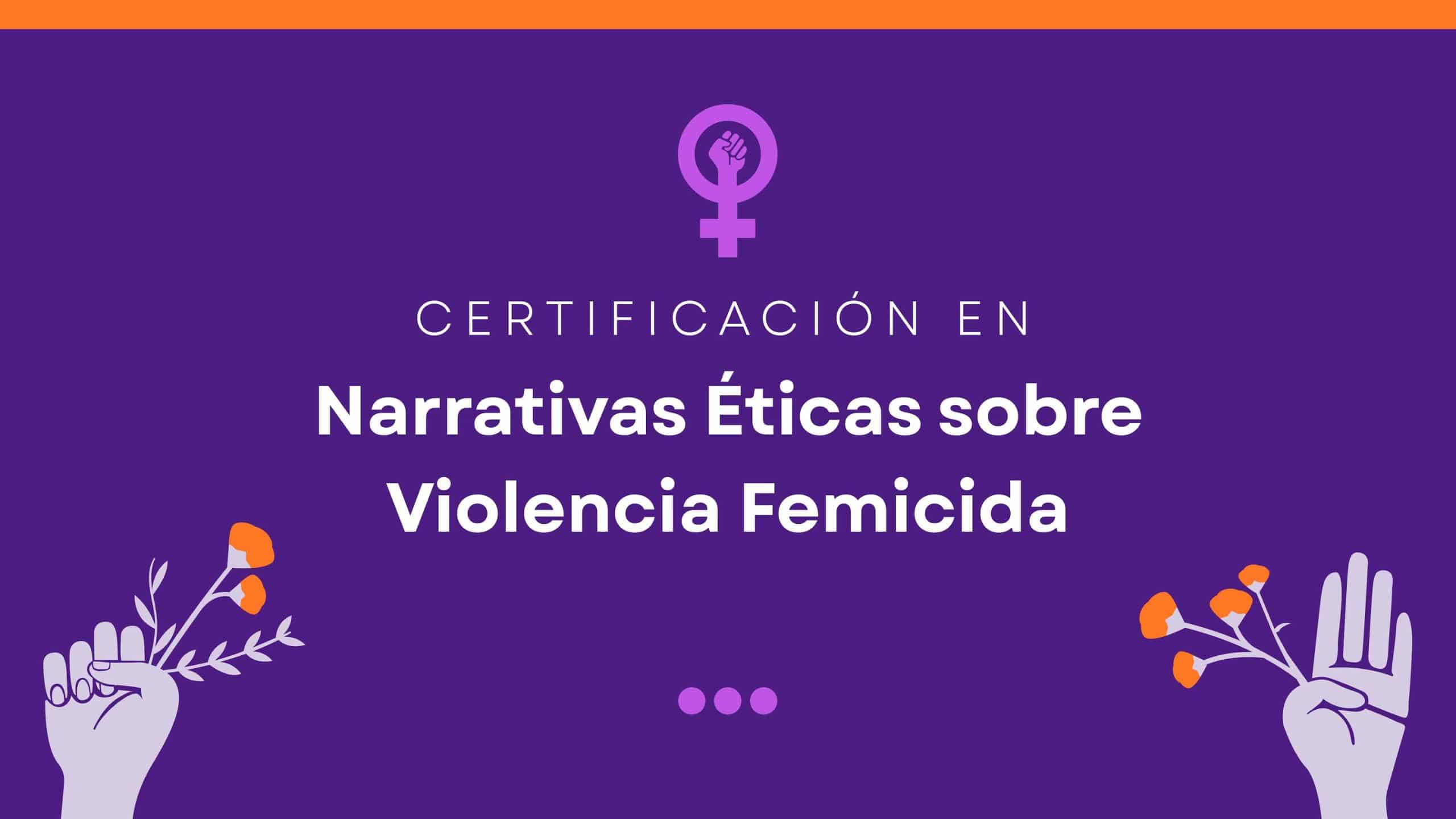Despite the government’s efforts to portray an image of normalization and stability to the international community, the world continues to denounce the ongoing human rights crisis in Venezuela. Civil society organizations have diligently documented, advocated, and engaged with various international bodies, expressing concern over the persisting human rights crisis.
The Situation in the International Criminal Court (ICC)
In 2022, the ICC Prosecutor, Karim Khan, sought authorization to resume the investigation in Venezuela, previously suspended at the state’s request. Despite the government’s resistance, a historic number of victims, families, and organizations appealed to the ICC to express their desire for the investigation to proceed. The Pre-Trial Chamber approved the request, emphasizing the lack of genuine and transparent national investigations. The state attempted to block the decision through an appeal, and in a historic hearing before the Appeals Chamber, the voices of victims and the lack of effective actions in the Venezuelan justice system were heard. We await their decision with optimism.
Prosecutor Khan has conducted three official visits to the country and confirmed the establishment of a Technical Assistance Office in Caracas by early 2024 during the Assembly of States Parties.
Evaluations by Treaty Bodies
In 2023, Venezuela underwent scrutiny by two UN Treaty Bodies: the Committee on the Elimination of Discrimination against Women (CEDAW) and the Human Rights Committee. CEDAW highlighted differentiated barriers for Venezuelan women in accessing justice, gender stereotypes, high levels of gender-based violence without adequate protection, and political underrepresentation. The Committee identified three priority areas that the state must report progress on in the next two years: gender-based violence, trafficking of women and girls, and sexual and reproductive health.
The Human Rights Committee assessed violations of civil and political rights, condemning a wide range of activities, from censorship to deaths in custody. Amidst a hostile atmosphere from the government representatives, the Constructive Dialogue took place, addressing issues such as repression, the situation of detainees, political disqualifications, among others. The Committee’s priority areas include actions to restore judicial independence, ensure freedom of expression, and guarantee political participation without undue restrictions.
Defense of Civic Space
In December 2023, the international CIVICUS monitor downgraded Venezuela’s civic space rating to the lowest category: closed civic space. Throughout the year, hundreds of attacks on human rights defenders were documented. New legislative projects added to the already restrictive legal framework, threatening the right to association. Documented incidents include arbitrary arrests, intimidation, censorship, denial of registration, and political persecution.
Numerous newspapers and radio stations were forced to close, others self-censored or relocated abroad, facing even greater intimidation. Rafael Uzcátegui, coordinator of @PROVEA, stated, «This change in rating is the result of decades of attacks on civic space. The situation is devastating, as Venezuelan authorities have completely closed the space for civil society.»
Office of the High Commissioner for Human Rights and Fact-Finding Mission
In 2023, the UN High Commissioner for Human Rights, Volker Turk, visited Venezuela. Civil society organizations requested through a joint communication, that his Office fulfill its mandate of monitoring recommendations, which, to date, remains unaddressed. The letter also emphasized the need to prioritize human rights defense equally with technical assistance to authorities. At the conclusion of his visit, the Commissioner called for the release of arbitrarily detained individuals, an end to torture, and improvements in detention conditions.
The Fact-Finding Mission on Venezuela published its fourth report in September 2023, focusing on civic space and persecution of civil society. The Mission affirmed the persistence of the repressive apparatus in Venezuela, noting the sophistication of repression techniques in recent years. The report investigated 43 new cases affecting 72 direct victims and nine cases of deaths possibly linked to repression against real or perceived opposition. The Mission criticized the systematic and deliberate omission of effective responses to human rights violations by the Office of the Ombudsman and lamented the lack of cooperation from the Venezuelan government.
These acknowledgments from the international community regarding the situation in Venezuela reflect a clear understanding of the human rights crisis. Despite the government’s diplomatic efforts to create a narrative of normalization, the UN and the international community continue to issue statements on the country’s situation, aware that #VenezuelaNoSeArregló.
International justice is slow, but progressing, and the historic levels of victim participation in the ICC process demonstrate that Venezuelans continue to seek justice. Our reality cannot be talked away through a narrative, and the international community recognizes it. Human rights defenders persistently work to highlight the crisis and demand their rights. Despite challenges, the determination of civil society and global attention underscore the urgent need to address human rights violations in Venezuela.
